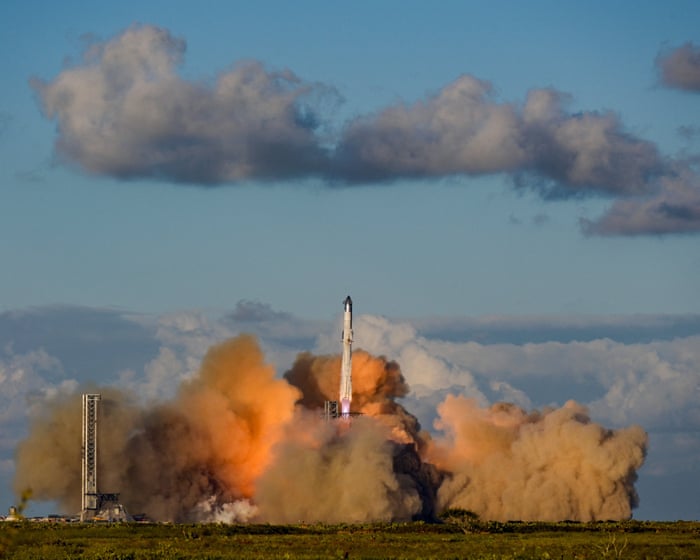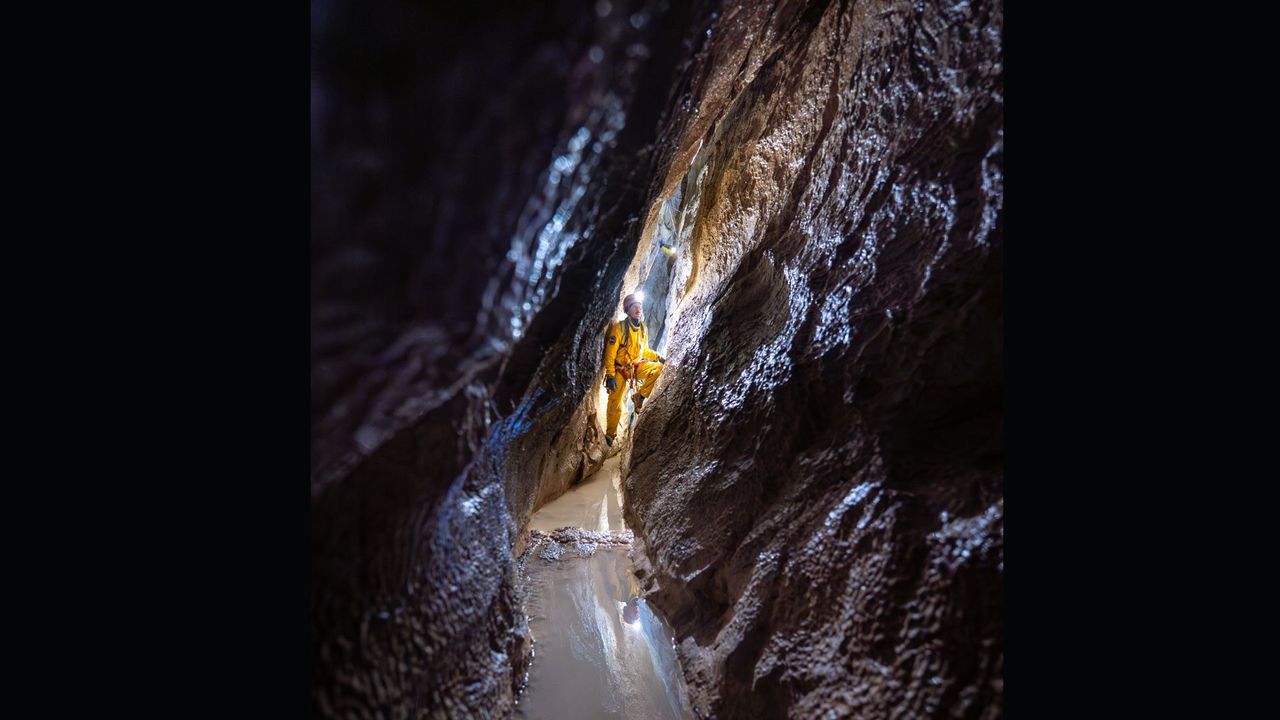The century-old ship sail technology finally catching on
PositiveScience

The revival of century-old rotor sail technology, first utilized in 1925 for a journey to Scotland, is making waves in the shipping industry as a promising solution to reduce emissions. This innovative approach not only honors maritime history but also addresses modern environmental challenges, making it a significant step towards greener shipping practices.
— Curated by the World Pulse Now AI Editorial System





